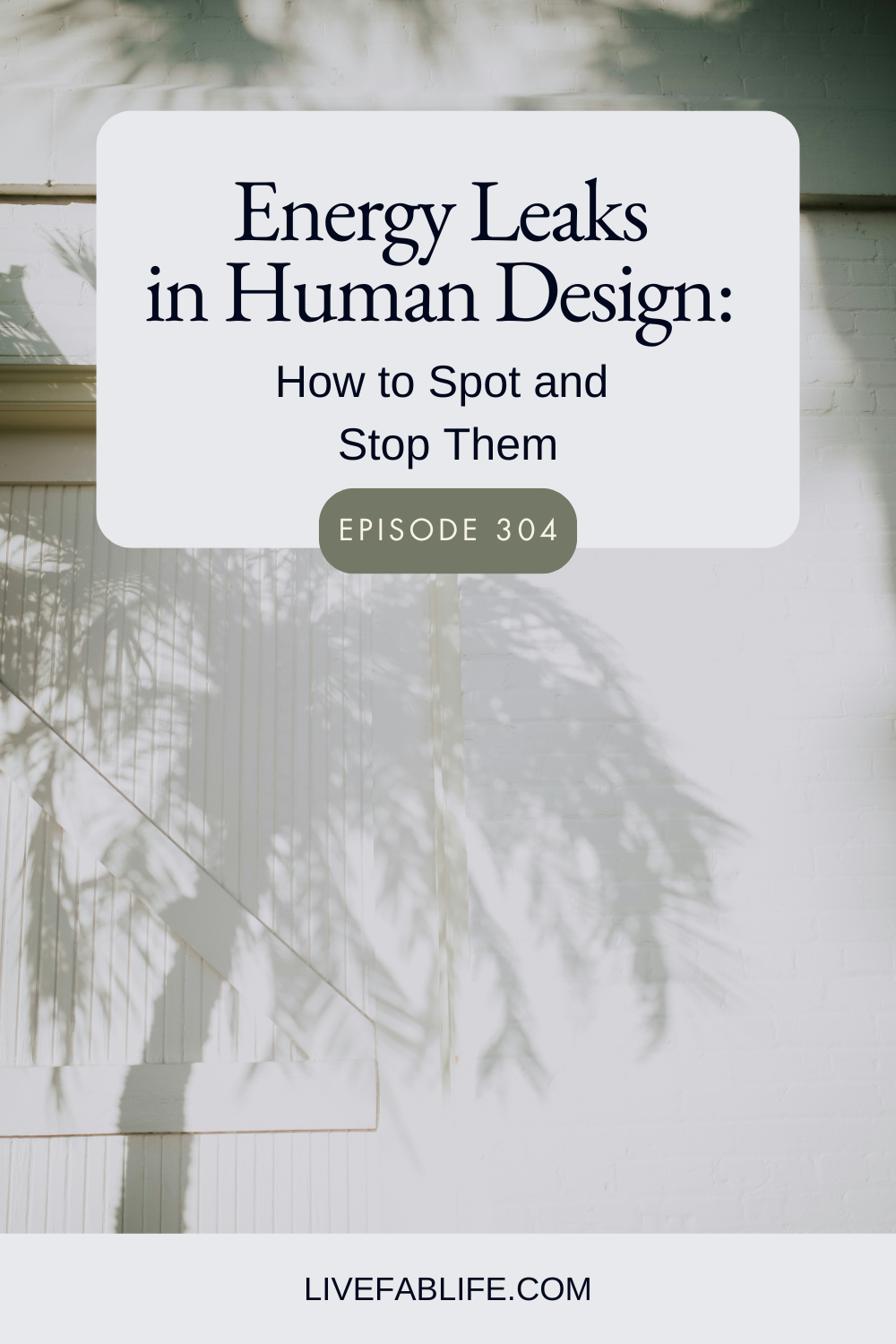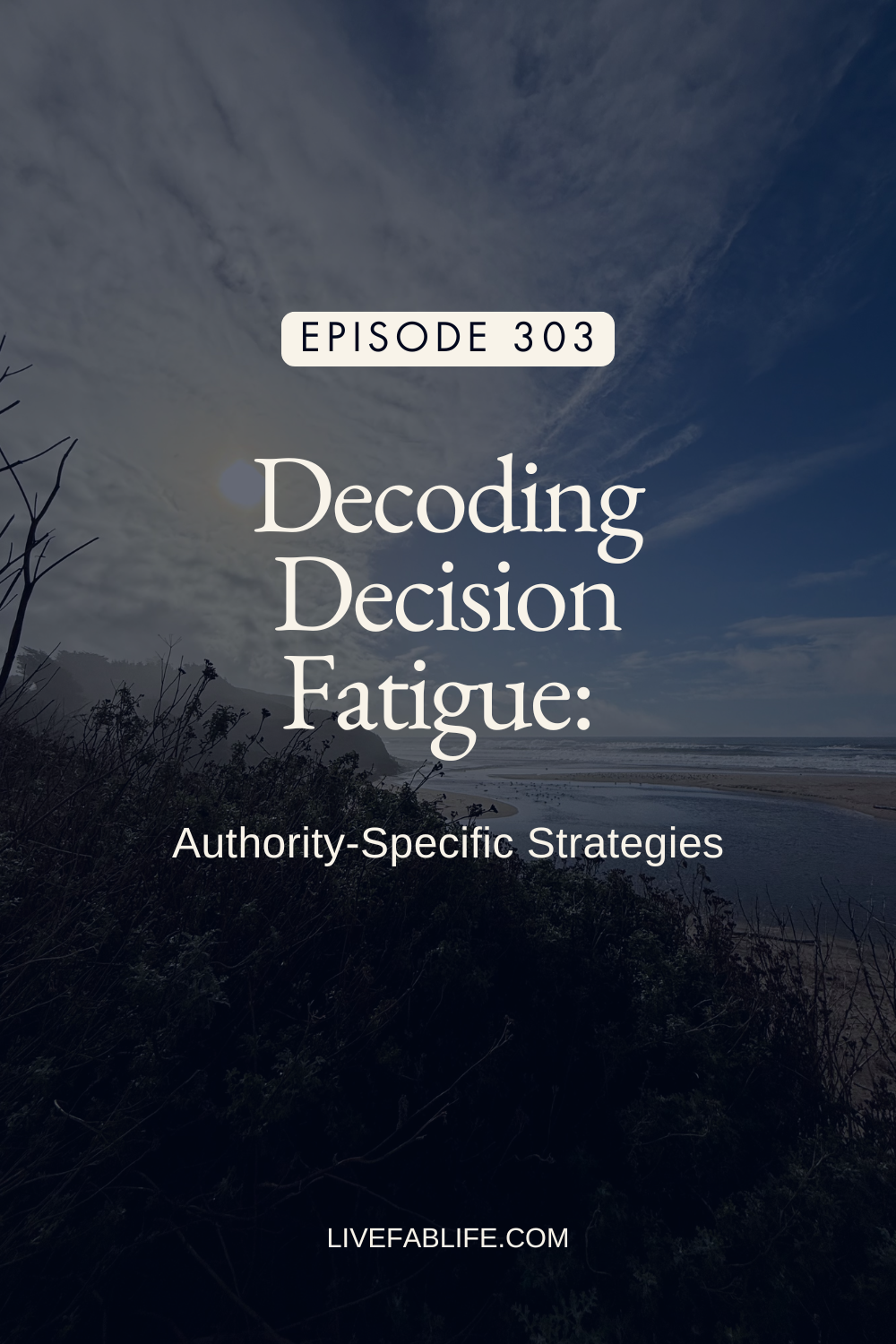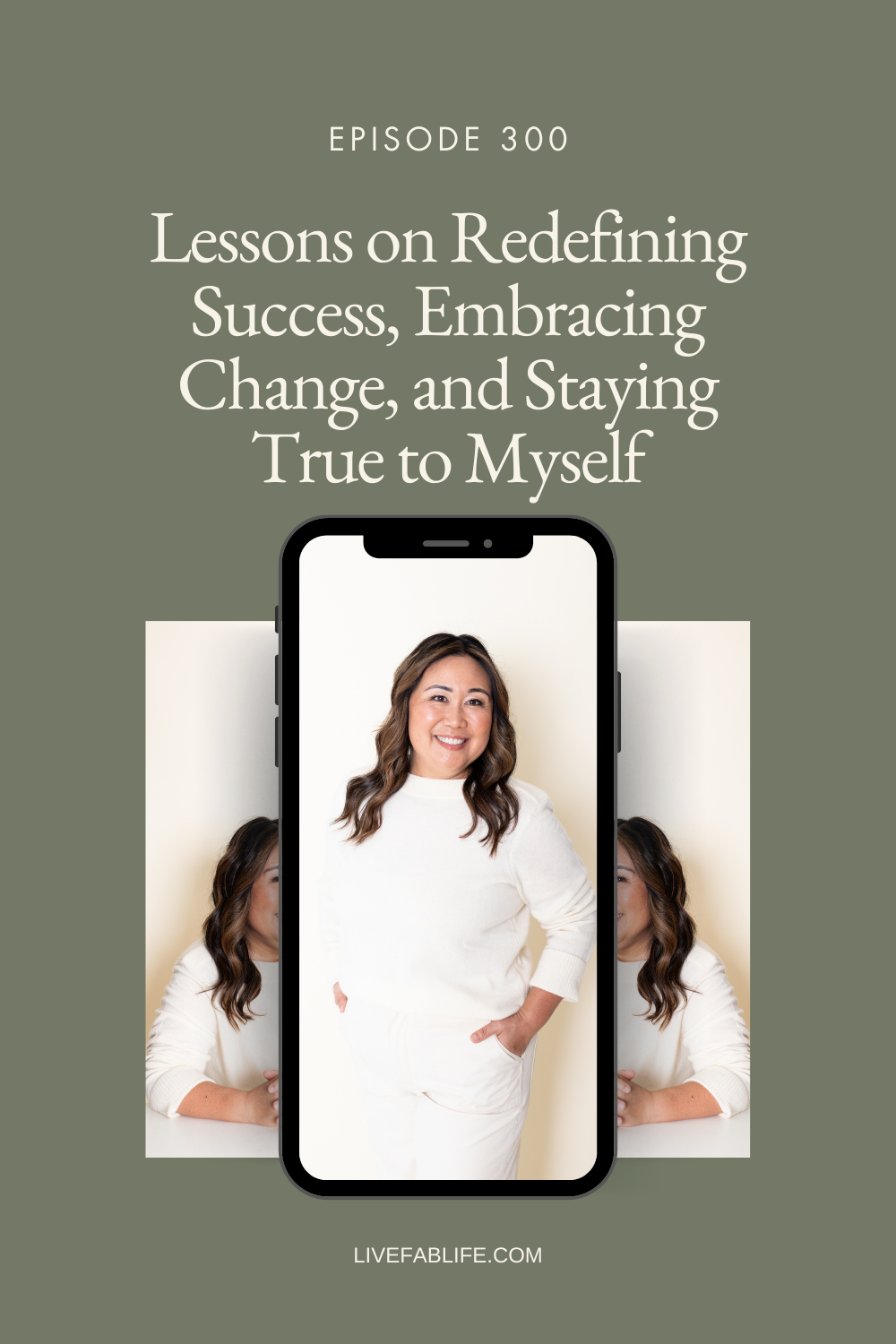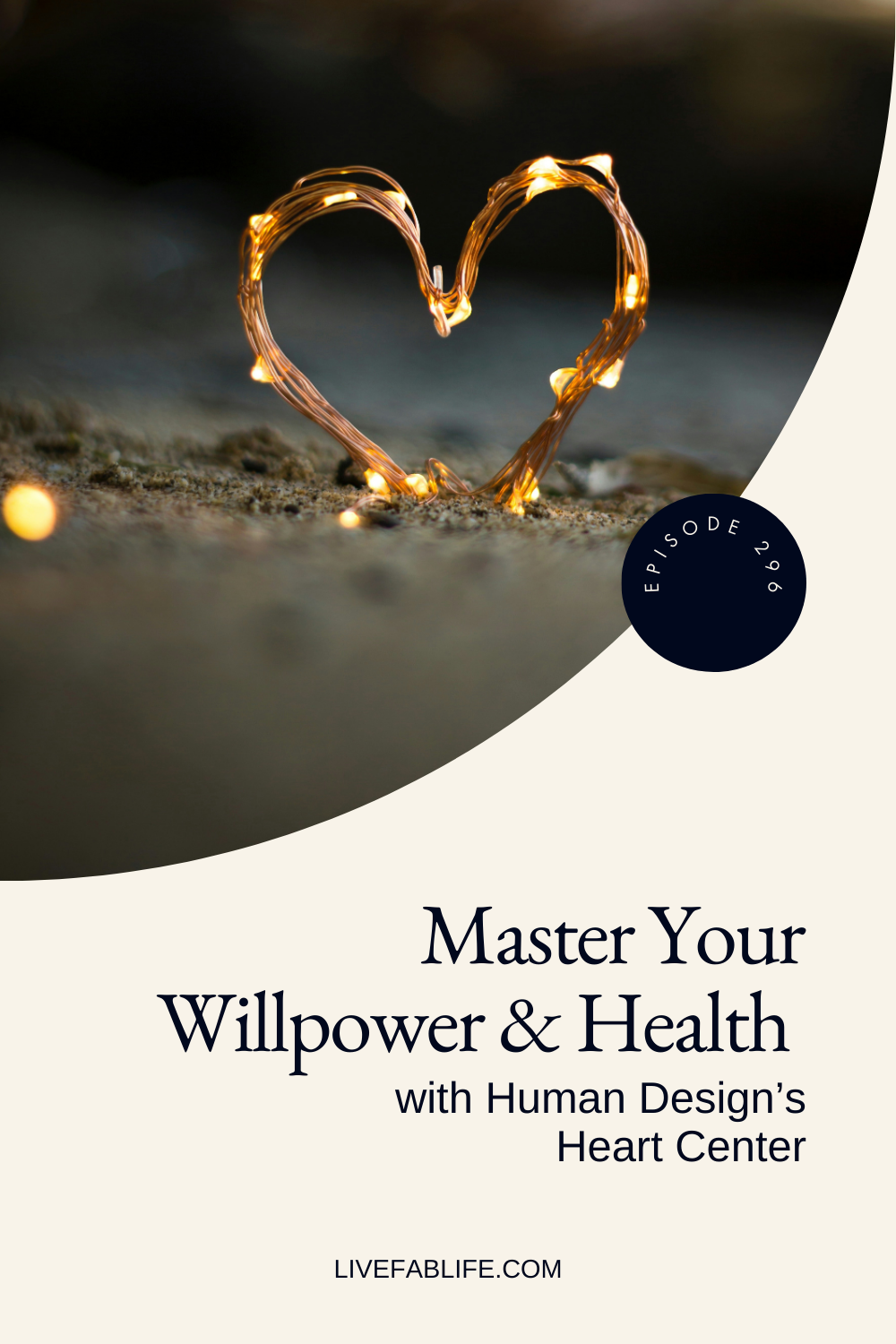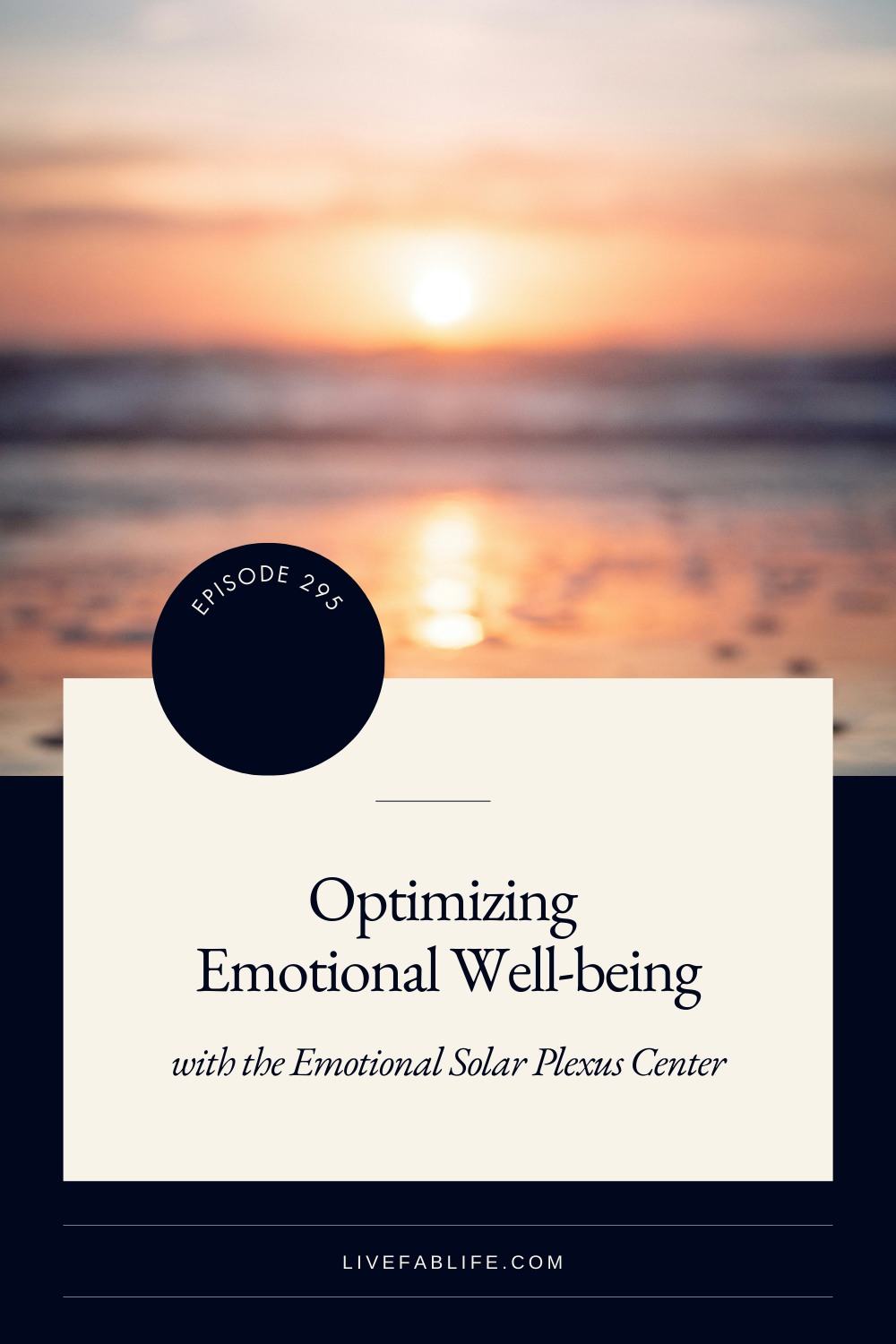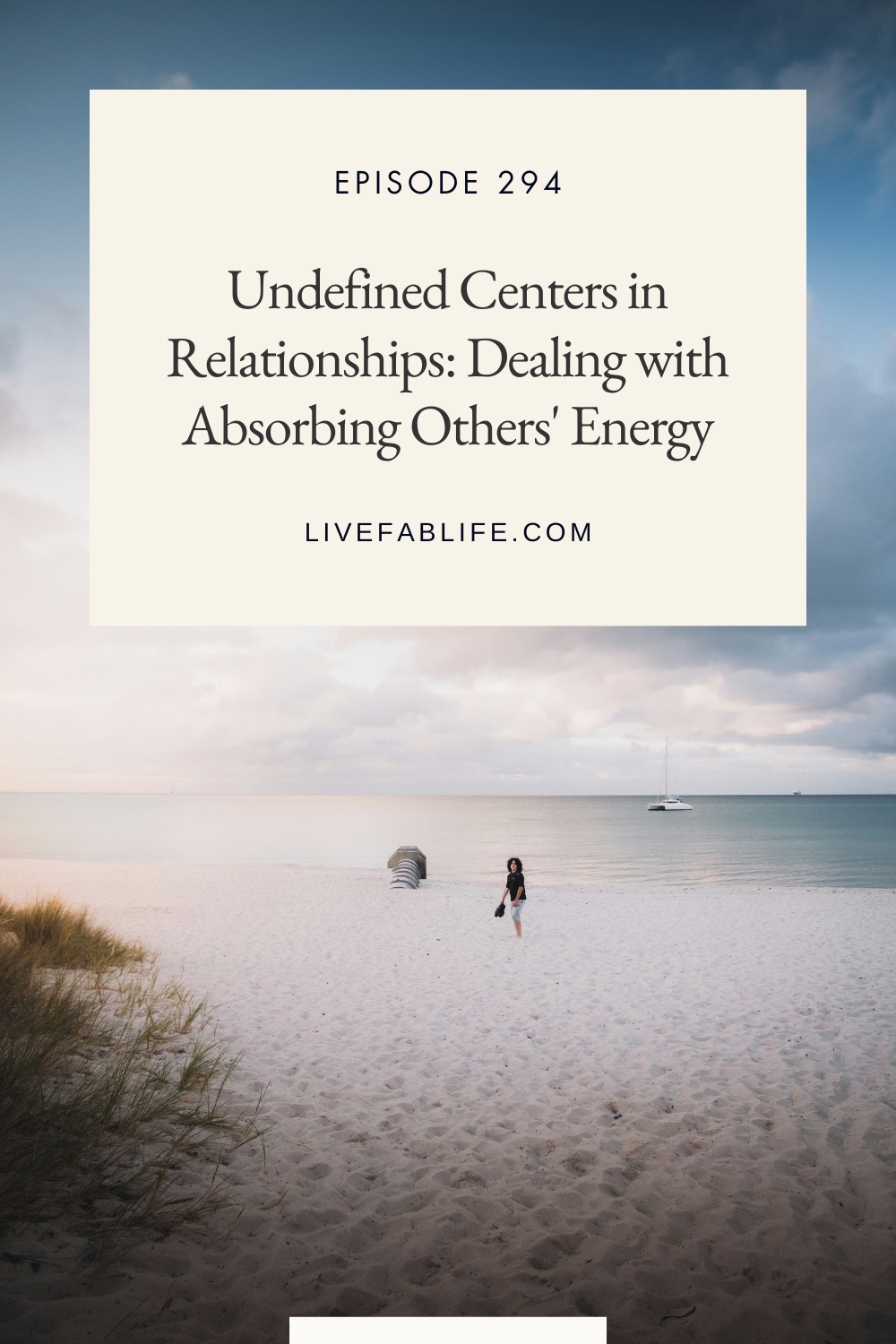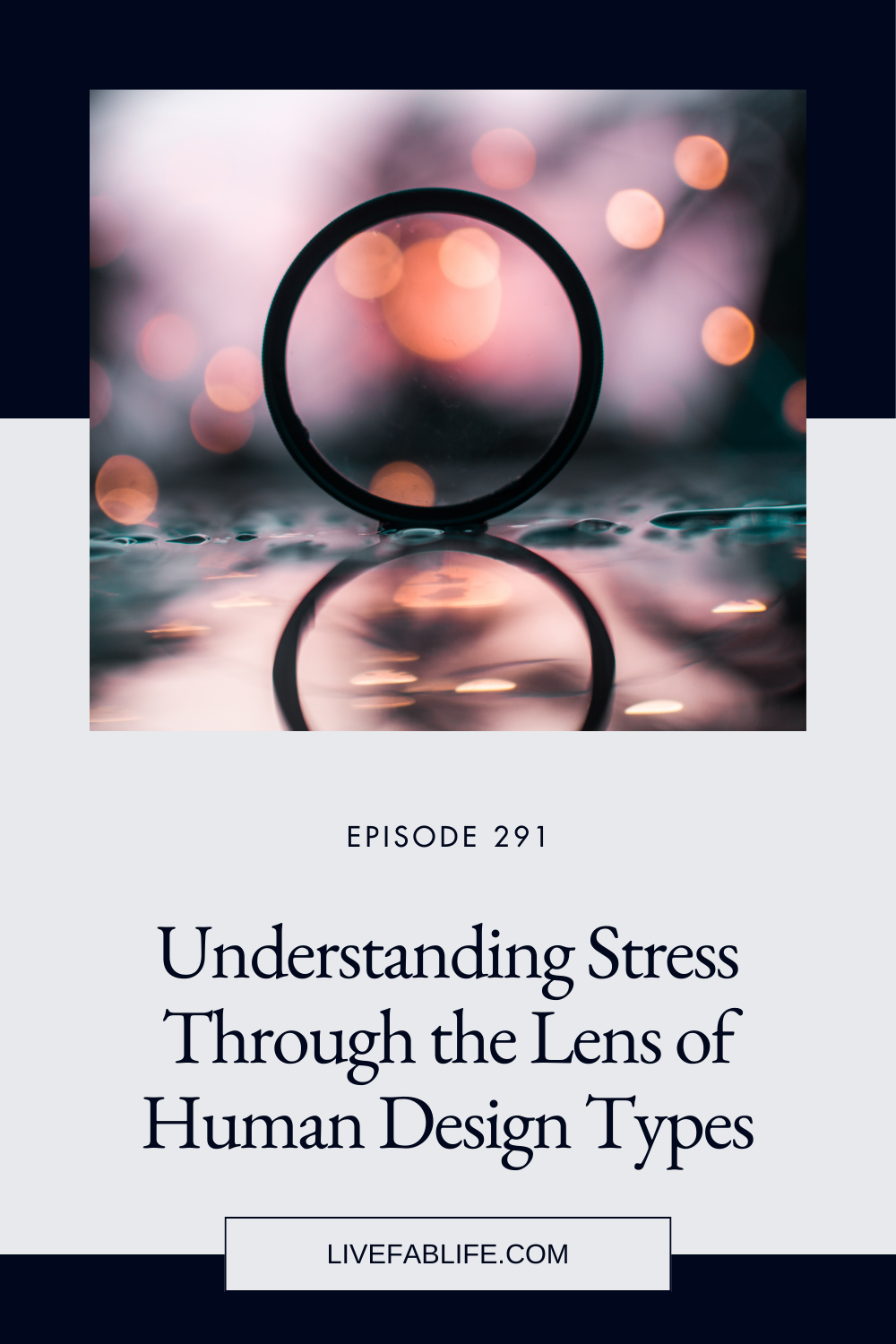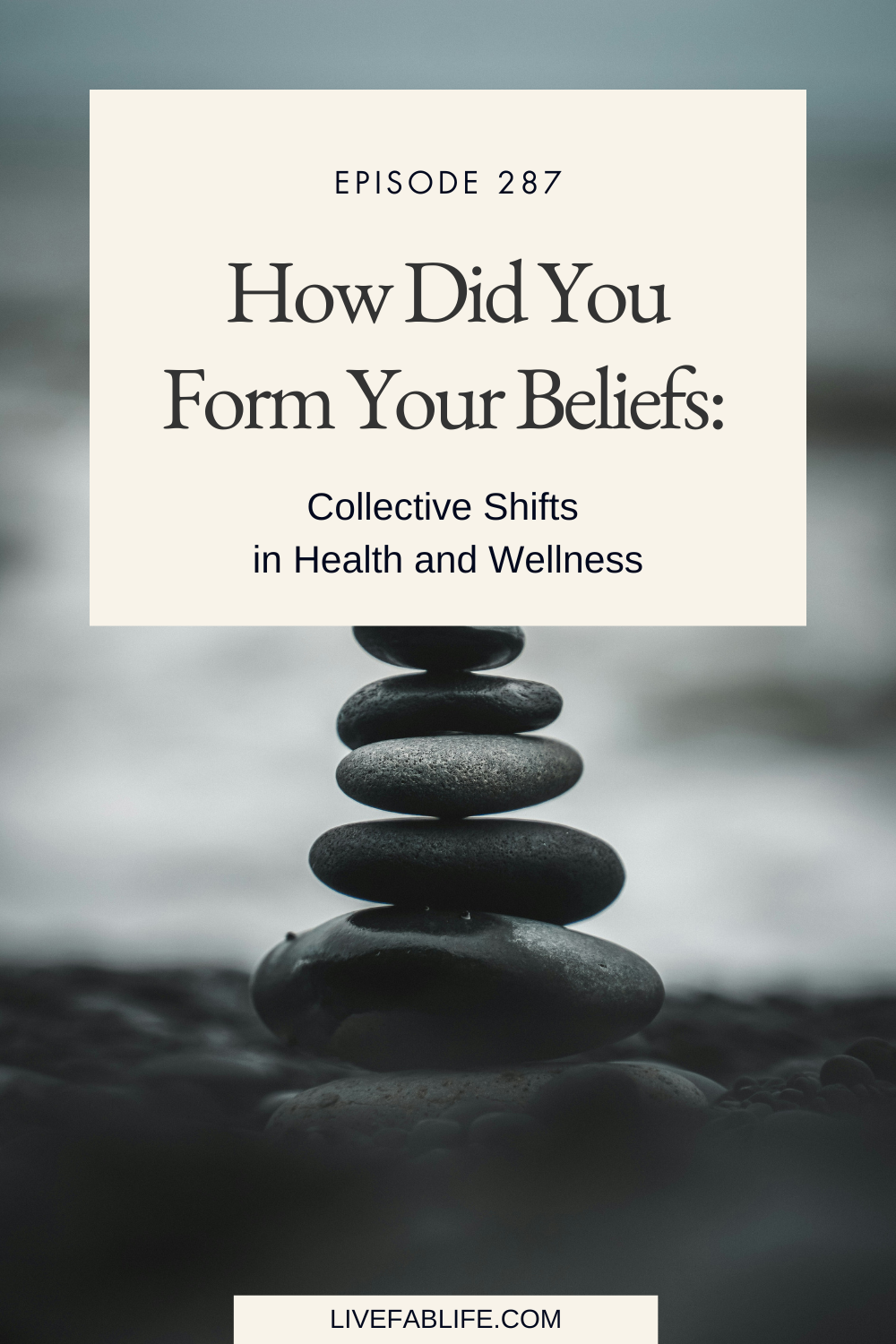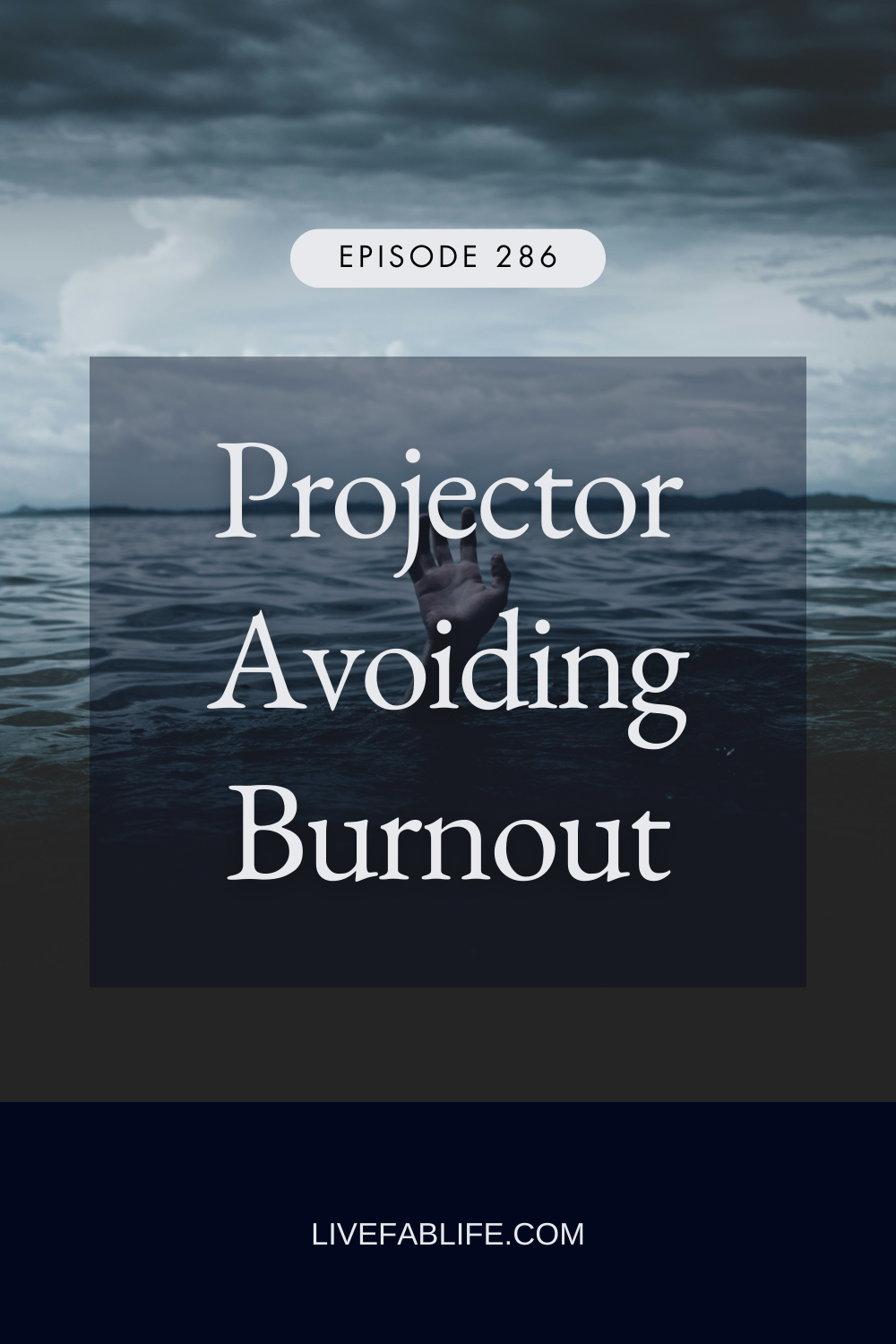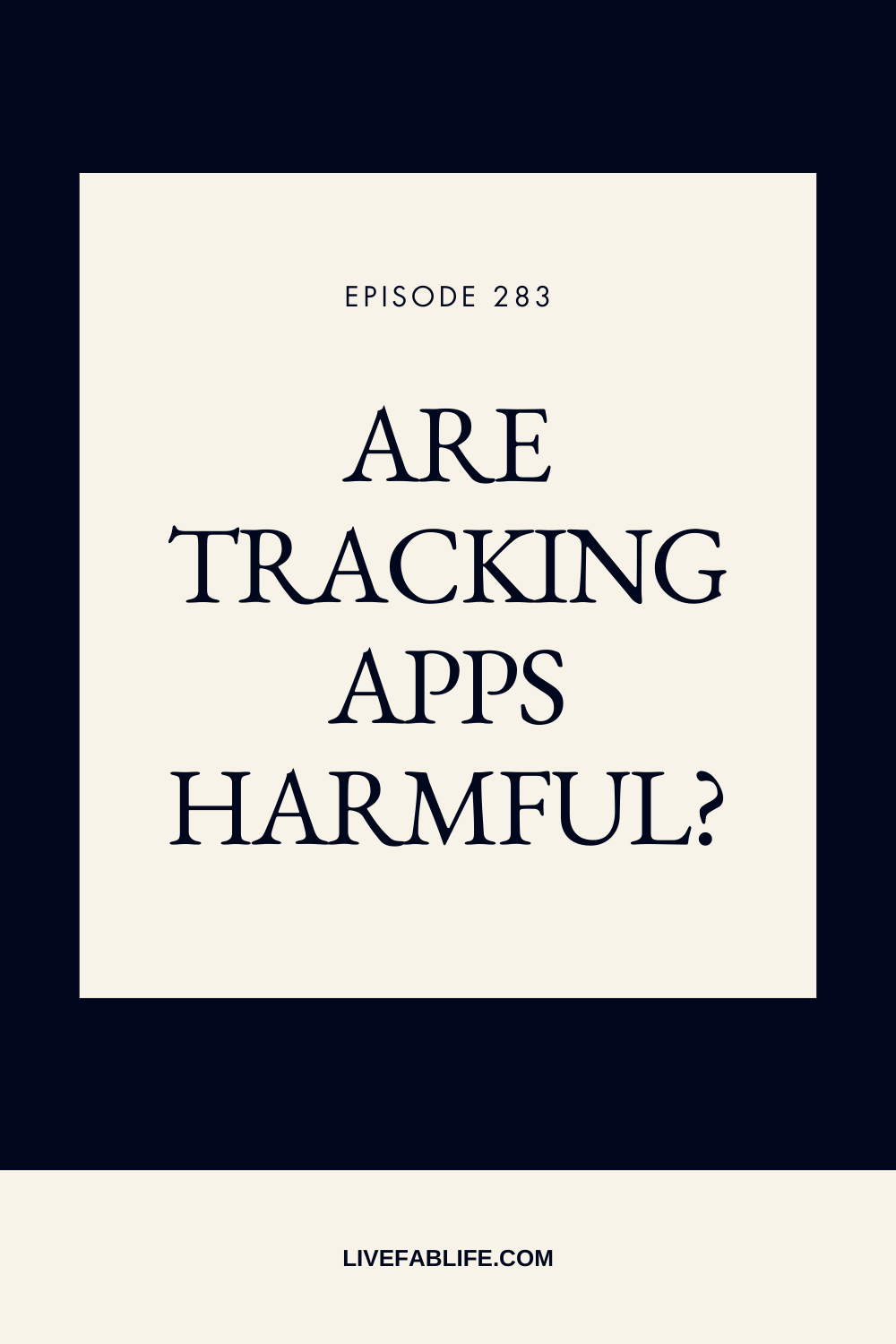Episode 158: Battling Mold Exposure with Lara Adler
Environmental impacts on our health are very real. Oftentimes we don’t even consider them as a reason for why we’re feeling sick, especially within our own homes.
Returning to the podcast is my friend, teacher, and mentor, Lara Adler, an Environmental Toxins expert and educator.
Lara joins me today to share her own personal story in dealing with mold.
Silent and unseen, mold can drastically affect your health especially when you have underlying conditions.
Lara goes into detail about her own struggle with mold, sharing:
The signs and symptoms
How she came to suspect and confirm mold exposure
The steps she’s taken to remediate mold
What’s worked, what hasn’t, and what life is like now
Lara also shares and provides context into what she’s learned through in-depth research.
Listen to the Episode:
Mentioned in this Episode:
Connect with Lara Adler:
Share the Episode:
“It’s really important that if someone suspects that they have a mold illness, to work with someone who really understands mold. The reality is that your average primary care physician will look at mold as being an upper respiratory issue like asthma. That’s sort of where the line is drawn in terms of the sort of conventional medical perspective of the health effects is that it causes respiratory issues which it can.
But it can also cause other downstream issues like gut dysbiosis, which in and of itself can lead to all of these downstream issues.
Mold is probably one of the most non-discriminatory toxins or biotoxins that you can be exposed to. It going to have an impact on certain areas of the body during certain windows of time. But mold can get into any tissue in your body and stay there for a long time.”
Read the Transcript...
Naomi Nakamura: Hello my friends and welcome back to the Live Fab Life podcast. I am your host, Naomi Nakamura. And joining me in this episode is Lara Adler, an environmental toxins expert and educator. Lara teaches nutritionists, health coaches like myself, naturopathic doctors, nurses, chiropractors and other health practitioners all around the world how to better support our clients and our patients and help them understand the links between chemicals in our daily lives and how they link to chronic health conditions.
I first became a student of Lara four or five years ago and she's since become a coach, a mentor and a friend. In fact, she was the second ever guest on this show all the way back in Episode 003, where she joins me for a conversation on environmental toxins. So if you haven't listened to that episode yet, be sure you do so and I will link to it in the show notes.
Today, Lara is back this time with a real people story. Those of you who have been listening for a while, you know I love to have people on the show and not necessarily as a subject matter expert, but just someone who's sharing their own life experiences. Today, Lara's sharing her experience with mold. In fact, you're going to hear her share how she came to suspect and confirm her exposure to mold.
And she goes into great detail of sharing her signs and symptoms of how she came to discover this. She shares the steps that she's taken to address them and although she claims she's not a mold expert, she shares what she has learned through her own in depth research. And I have to say that is Lara's talent, that's her secret sauce where she really does a great job with in depth research.
And then she has a knack for being able to contextualize what she's learned. And she does this with mold, really putting into context how to take in the information and how to really apply it. She's also sharing what's worked for her and what hasn't and what life is like now.
Now, whenever I invite a guest to the show, it is always with selfish intentions because I want to learn what their story is, I want to learn the story behind the person, the experience, the brand. And as someone who's dealt with my own exposure to toxins and mold, I really, really was curious as to what Lara's experience was. I learned so much from my conversation with her and I know that you will too. So with that, let's get to the show.
Hello, my friend. Welcome back to the show.
Lara Adler: Thank you so much for having me back. I always love sitting and chatting with you.
Naomi Nakamura: This is your second time joining me. You were...
Lara Adler: Really?
Naomi Nakamura: Yeah, you were my second guest ever on the show when I first started in 2017 and you were on Episode 003.
Lara Adler: I feel that-
Naomi Nakamura: But you and I... You've been my mentor. We've been on many Zoom calls together. You might be confusing that with the episode.
Lara Adler: Totally. Totally. It's the same. It's all conversation. So it's all good.
Naomi Nakamura: Yes. You have been my teacher and my mentor on learning more about environmental toxins and clean living. Really you are my go-to resource for any of that information. I really don't really turn to any other resources for information like that. I read something and I go to see if you endorse it or if you're behind it and that's really my gauge there. Interestingly enough, as we've gone through different coaching and mentoring sessions over the past year, you've shared with me how this particular topic has come to impact you personally.
It is actually something that I experienced myself which I think we've taken very different steps regarding it. I really wanted to come and have you on the show as a conversation about it, because I really think it affects more people than they realize.
Lara Adler: Absolutely.
Naomi Nakamura: And they also think there's not a quick fix for it and there's not one right answer for every single person which we can definitely get into.
Lara Adler: Yeah.
Naomi Nakamura: Well, first of all, for those who don't know you, introduce yourself.
Lara Adler: My name is Lara Adler. I'm an environmental toxins expert and educator. I work with educating health professionals about the links between environmental chemicals and chronic health issues. Everything from air pollution and water contamination to personal care products and household items. That is what I do.
I've been teaching since 2012. It's a big, vast topic that has lots of subtlety and lots of nuance as you and I have discussed many times. It's a topic that's getting a lot more attention than it has in years past which is great and consumer awareness about issues regarding chemicals, whether it's BPA or phthalates or the lead in the drinking water. People's awareness about these issues is really increasing. I wish I could say the same thing about our topic for today, which is mold that is not yet caught up in terms of awareness. But it is sort of in the general conversation really exciting to see more attention being paid to this discussion.
Naomi Nakamura: It was about maybe two, actually it's 2021, so maybe three years ago, I was going through my own health issues and I can't remember if it was my integrative medicine doctor or my dentist, because she is a naturopathic doctor as like her hobby, but one of them had me take this lab test and I'm drawing up blank on it and it really gave you an indication of how many toxins are in your bloodstream in your body. Things like are you exposed to lead, are you exposed to mercury and what those levels are. One of the things that came up for me was mold.
I live in the San Francisco Bay area, I rent, I don't own. I really had to have a conversation with my property managers and well do I think there's mold in the place where I live? Do I think that's where I'm being exposed to it? My doctor was really pushing me. She was like, "Maybe you should find somewhere else to live." And I was like, first of all, I rent and I'm in the San Francisco Bay area where everything is... [crosstalk 00:06:22] There's no new development here. And if it is, it's extremely, extremely expensive. So if I pick up and move, how can I guarantee where I'm moving to doesn't have the same issues?
So anyways, that was my situation, your situation is similar but also different. But I want to back things up and I want to talk about how did you first start to suspect that mold might be problematic for you? What were the signs and symptoms? And then when people hear the signs and symptoms, it can be attributed to a number of things. At what point did you in the direction of mold might be a problem here?
Lara Adler: Well, what's interesting is I don't fancy myself a mold expert. Certainly people who have experienced mold exposure and mold illness by default have to become some degree of experts because there is not a lot of education within the medical space. So people have to self-educate to be their own advocates in the space. And because of who I am and because I research environmental chemicals, I've sort of researched this to another degree than sort of maybe the average person who's dealing with mold.
I never fancied myself a mold expert and I certainly wasn't at the time that mold kind of fell into my lap, so to speak. Despite the fact that I teach about environmental exposures, it took me a really long time to figure out that it was mold. It just didn't even cross my mind. So the irony of that is not lost on me but it's also very profound like, "This is probably what it's like for other people too. It's probably worse. They probably take even longer to figure out that it's mold."
I think the big misconception is and I'm going to come back to my story, but the big misconception is, is that you can always see mold. Like, oh, you can see it on the wall. And that's actually not as common as the opposite, which is that you can't see the mold. That it's behind the walls, it's under the floors. That's part of why it takes a really long time for people to identify mold as the problem because you don't even see it. Unless you're smelling like a moldy or musty smell, which a lot of people are just like, "Oh, whatever the hell smells." They just kind of blow it off.
Naomi Nakamura: It's like older construction too, right?
Lara Adler: Right, right. And so it's really easy to just kind of not be aware that it's happening and growing behind your walls or growing underneath your walls. That's why it can take a long time. Now for me, I think it was... There was a lot of other things that I think led up to... It was like a convergence of a couple of things.
I had a really traumatic experience with somebody close to me passing away very suddenly in 2013 and that kind of set me on this... It through the whole balance of my nervous system and my adrenal system and I was running my business and I was working 14 hours a day and just doing all of this coping and then I moved across the country. I moved from New York City to Portland, Oregon, which is a terrible rain forest with none of these things. I was like, "It's beautiful/it's green."
Naomi Nakamura: It is.
Lara Adler: It is all those things. I had immune system issues, I had pneumonia twice, I had adrenal insufficiency or adrenal problems, really severe fatigue. And so all of that was kind of happening and I had moved in... Obviously, when I lived here I moved into... I'd been in the same apartment or was in the same apartment for most of the seven years that I've been here and I didn't make these connections.
This was an apartment in an old 1920s craftsman which is typical of the area and I was on the top floor and the bottom two floors were one unit and had a basement level where three of the four bedrooms were down there and there was wall to wall carpeting down there. And that basement had flooded six or seven times in the times that I lived there, let alone what had happened prior.
And the landlord was just like... Well, he would just hire the [inaudible 00:10:28] company to come and suck the water out of the carpet. But it would just be wet for weeks. Again, this was happening not in my actual unit. This was happening two floors below me. But what I had come to learn later is that when you're looking at airflow inside a house, there's something called a stack effect. And the stack effect is basically just the natural airflow that is going to move from lower levels upwards.
And so even though there was no central air system, there was no ventilation HVAC system connecting our units, houses are porous, they breathe and so the air from down in the basement was coming up into my unit. I come to learn that later. And so this flooding would just happen over and over again and he just didn't want to pay to fix the roof, which was the problem. And that was his solution. And this is a common issue with being a renter, is that you have landlords that either don't think mold is a problem, that they think mold is a cosmetic problem or they don't know how to properly manage their buildings to create a safe living environment.
Naomi Nakamura: Yeah. And they just want to point out. It's expensive for them either way. To maintain or to eradicate, it's expensive either way.
Lara Adler: Yes. Yeah, absolutely. If you're having tenants that are getting sick repeatedly, that's a problem. If you wait, if you put off dealing with it, it will get worse. It can get to the point where you have to tear your house down. That's a very extreme case, but why would you wait that long as a homeowner? It's a structural problem.
It can be a structural problem depending on what materials are being affected, let alone it being a serious health hazard. Landlords and homeowners have to be aware that it's not a cosmetic issue.
Naomi Nakamura: What are your-
Lara Adler: My symptom?
Naomi Nakamura: Yeah. You talked about having immune issues and you talk about having adrenal issues. And I really love that you talked about having a traumatic loss, because these are things that I think people underestimate the impact they have not on just emotionally but physically and that can lead to other things as well.
Especially with the environment that we're in right now in the middle of pandemic, we are all experiencing a lot of tragic things.
Lara Adler: Trauma.
Naomi Nakamura: Trauma from many different levels. Society had a lot of trauma in the past few years. Personally, what did that actually look like for you every day?
Lara Adler: Yeah, so it came in, I don't want to say waves, but it came in phases. In the early phases, it was really bad fatigue and brain fog. The other thing that happened just to kind of bring this up and I didn't realize this, this ties into the immune system issue is one of the things that mold exposure can do is it can scramble your body's immune system's response to viruses that it has already dealt with.
So I had Mono, the Epstein-Barr virus in middle school. And when you have the Epstein-Barr virus, you always have it. That's just how viruses work. You have them in your body. Mold actually confuses your immune system and it forgets that it knows how to defeat that virus and so it can cause a reactivation of that. And that's-
Naomi Nakamura: That's almost like an autoimmune condition.
Lara Adler: Yeah, almost. Yeah. So it turns out sort of long story short, mold reactivated my Epstein-Barr. I didn't know that at the time. I just knew that my immune system sucked. I was getting cold all the time. If I exerted myself, if I tried to work out or do something that pushed myself really hard, three or four days later, I would be like, "I'm wiped out." I would start feeling like I was getting sick.
If I exercised too hard, my muscle recovery was like... It was not like three days of like, "Oh, my muscles are sore." It was like 10 days of aching muscles. I was like, "This isn't normal." That was happening. The brain fog in the early days was really bad. I was close to being non-functional. I would get in my car and the worst point, and this was a number of years ago, I would get in my car and every two blocks, I would forget where I was going.
Which was scary. I was like, "Where am I going? I don't remember where I'm going." I would go to the grocery store and wander around with an empty cart because I couldn't remember what I needed to buy and I just left the car in the middle of a store and then went to the car and then sat in my car for 10 minutes trying to remember how do I get home and I lived eight minutes away. That was the extreme low of my brain fog. I was also experiencing really chronic insomnia at the time. That's really what pushed me to be like, "Something's broken. I don't function anymore."
Mold was still not on the radar at this point. It was like, "Oh, you have immune system stuff. There's stress, there's whatever, trauma." Epstein-Barr wasn't on the radar. So I started working with a naturopathic physician to work with all the adrenal issues and the sleep issues, which was really challenging.
I kind of made a lot of progress there feeling okay, but still was having the sleep issues. Sleep disturbances is really common in mold for lots of different reasons. I was...
Naomi Nakamura: What's your sleep like? Was it just you couldn't fall asleep or you couldn't stay asleep?
Lara Adler: No. I could fall asleep in five minutes. Falling asleep was not a problem. I was not getting restful sleep, so I was doing a lot of tossing and turning. I was waking up multiple times throughout the night. At a certain point, I actually developed sleep apnea and went and did a sleep study, they fitted me with a CPAP machine to help me breathe at night.
I would have issues where I would wake up in the middle of the night to use the bathroom, which is also very common in mold exposure because mold suppresses something called your antidiuretic hormone or ADH. Your ADH increases at night so that your body's urine production decreases so that you're not waking up to pee because you should be resting during that time. And so your urine production is supposed to quiet down at night. Mold interferes with that.
And so I was waking up, sometimes two or three times even to use the bathroom and I was like, "I can't get any sleep." And then what was also happening in addition to that was like all these blood sugar issues, so I was waking up in the middle of the night starving, starving and having to eat. I was also experiencing weight gain, probably because I was eating in the middle of the night and also because I wasn't sleeping and also because I couldn't exercise and also because that's what mold does is it messes with your hormones and can cause weight issues.
Naomi Nakamura: So I would imagine at this point having all these things, but you're working with a naturopathic doctor, so you're probably addressing your diet, maybe you're taking a bunch of supplements, you're doing a bunch of lab tests. You're doing all the things that-
Lara Adler: You would think would work.
Naomi Nakamura: Yes, you would think would work.
Lara Adler: And nothing was really working.
Naomi Nakamura: This just adds more stress to the situation because you're like, "I'm doing all the things I'm supposed to." Lara Adler: Oh my gosh! Then it becomes like you're micromanaging all of these things. I also was experiencing and this is really where things started to kind of go, "Something else is going on here." Is I started having neurological issues. So I was having dizziness, nausea, vertigo, I couldn't fly on airplanes because my vestibular system was just thrown out.
I would just vomit every time I flew or shortly after I landed, which is not typically normal. That was like, okay. I had a couple of instances of really bad vertigo and I was like, "What causes all of these things? What is doing this?" And meanwhile, my sleep is still crap-
Naomi Nakamura: I'm curious. At this point, because I'm just thinking about how I would react to this. Were you questioning like, "Am I making this up in my head?"
Lara Adler: Oh, no.
Naomi Nakamura: Or were other people? Well, that is great. That's a great support system you have there.
Lara Adler: I would say, look, my family was like, "What is going on with you?" There was that but my friends are all practitioners in the integrative space. I have friends that are doctors. It was a good friend of mine who's a naturopathic doctor. She's not my doctor, but we're close. She's the one that was like, "I think you have Epstein-Barr," because she noticed as using her doctor lens, every time you exert yourself, you get sick and that's classic Epstein-Barr. So she tested me and I was like lit up for all of these reactivated Epstein-Barr markers. And she's like, "Yeah, that's why you get sick all the time. And so we need to get some antivirals in to start working on your Epstein-Barr."
And then I'm trying to remember... I'm like, I still have mold, dealing with mold. So like brain fog and inability to focus. That's definitely something that's really common with mold exposure, but it was really those neurological symptoms that I was like, "Okay, this is getting really disruptive. This is not okay." And so at this point, I had already worked with like three different naturopathic doctors.
This one wasn't working, that one wasn't getting anywhere, whatever. The neurological symptoms was like okay, something else is happening here. The sleep was really bad. I had tried maybe a dozen different supplements, including some prescription, some pharmaceutical sleeping aids and nothing, nothing. Nothing budged. Nothing helped.
Naomi Nakamura: I've been there and that's the worst most frustrating thing. Yes it is.
Lara Adler: I'm talking years. I'm talking five years of not having good sleep. That will mess you up in a lot of different ways. That will mess up your immune system. That will mess up your weight and your blood sugar.
Naomi Nakamura: I have to tell you, so I use this app called Timehop that will show you all of your social media posts for ever. This past week, there was a post I made 12 years ago on Facebook when I was more active on Facebook and basically said, "Just took Ambien. Hope I can sleep tonight." This was 12 years ago.
Lara Adler: Yeah. It's real. Years of not sleeping will really wreck you. I had it. The nutritionist I was working with and her team was like, "Hey, do you think that there could be an environmental component to this?" And I was like, "No, of course not. I would know that."
That kind of planted a little bit of a seed. I don't actually even remember what the real turning point was where I was like, "Maybe it's mold." What I'm remembering is that because of my work, I was reading more about mold and I was starting to see and I was following other naturopathic doctors that were mold experts, because my students were asking questions about mold. And then in just kind of hearing them talk about all these symptoms. I was like, "Wait a minute, those are literally my symptoms."
Naomi Nakamura: So I'm curious. From when the time the seed was planted till when you had this aha moment, how long was that?
Lara Adler: Maybe six months to a year.
Naomi Nakamura: That's not bad. That's definitely not bad.
Lara Adler: That wasn't super bad. That wasn't very long. But I think the first thing that I had done is take a mycotoxin urine test and I didn't-
Naomi Nakamura: That's the test I took when I was at the beginning. That's the one I took.
Lara Adler: Those tests and I'm not an expert in reading those tests, but those tests have to be interpreted correctly because the obvious test result doesn't always mean what people think it means. I have a colleague who emailed me and was like, "Oh my god!" I had mold markers in my urine and I'm freaking out. I was like, "Okay, take a beat. Don't freak out." Because technically they're supposed to be a mold in your urine because your body doing its job getting rid of... We all have mold exposure.
To kind of contextualize this for people that are like, "Mold, what is it? What do you mean?" Mold is not inherently bad. Mold is in the environment. It's in every breath that we take. We're breathing in mold spores, whether we're inside or outside. Molds and funguses are the recyclers of the world, of the planet. Anything would not exist if it were not for the decomposition properties of mold and fungis. A tree falls in the forest, it's the mold's job is to disassemble that structure and spread the nutrients of that tree into the forest to allow for new growth.
So mold is not bad. Mold in your house is bad. That's where it becomes problematic. I live in a place that's prone to mold. I live in the Pacific Northwest. So it's very wet. It's very damp here. It rains a lot during the fall and winter and spring months. The housing stock is old. So places here are definitely more prone to mold. But anyway, going back to the urine test, I did this test and it was like, "Oh, yeah. You've got high levels of some of these sketchy molds in your body." That spurred me to go, "Okay, well, what do I do? I should probably test my house."
Naomi Nakamura: That was going to be my next question. Did you get your home tested?
Lara Adler: That was the next step. Okay, because I'm a renter, the first step is not go hire a mold inspector because mold inspection companies, one-
Naomi Nakamura: It's really expensive.
Lara Adler: It can be very expensive-
Naomi Nakamura: That was where it ended for me, because again, it showed probably not as high levels on your test results as on mine, but there were other things that were high and I went to my property manager, and I said, "These are my test results. I found this company that test for these things. Will you pay for it?" And they said, "No." And I'm like... That was the end point for me.
Lara Adler: Yeah. A lot of mold inspection companies won't even do rentals unless it's the home and the apartment complex owner because they're just like, "You can't do anything." I'm like, "What's the point?" But what you can do is do what's called an ERMI test, which stands for the Environmental Relative Moldiness Index and that ERMI test is a dust test. And what it does is it basically... There's different companies that offer these tests, you can just google ERMI testing. And basically, it's like a Swiffer cloth and you get a Ziploc bag, they send you a clean-
Naomi Nakamura: So you do it yourself? You do it yourself.
Lara Adler: This is a DIY task. There are certain instructions that you have to follow to get a good sample but it is an aggregate dust sample from your house. So it's not like, "I'm going to test this wall and then I'm going to..." If you see mold, you can do the test to identify what type of mold because there's thousands of different species of mold and different ones of them have different health effects. So there's mold species then there's mycotoxins. These are different parts of the same pie so to speak.
But one of the things that came up in my dust test was I had high levels of a mold that produces a mycotoxin called mycophenolic acid, mycophenolic acid is a drug, it's utilized as a drug in organ transplant patients to suppress the immune system. So the body doesn't reject a new organ. Wild, right? So in my house where I live every day working from home, I have an immune suppressing mycotoxin.
Naomi Nakamura: Your do-it-yourself tests with the results led you to that discovery?
Lara Adler: Yes. There were other species of mold that were present. What the ERMI test is based on and it's not even... There's debate about how valuable these tests are. I think they're pretty valuable in terms of getting at least some data to say like, "Okay, this is what's coming up." But it was developed by the EPA, they had done an analysis of like a thousand homes across the country and were like, "How moldy are these homes?" And so what the ERMI test is doing is it's comparing it. It's why it's called a relative moldiness.
So relative to these thousand homes sort of averages, where does your house fall? How moldy is your house. And what it's doing is it's looking at the most common 36 species of mold that are present in an indoor environment and that are problematic and it's looking at how much of them off the dust sample, relative to the size of the dust sample do you have? Is it a lot of this and a little bit of this? It's a DNA test. So the DNA test is not testing for living mold, it's looking for any fragments. It's like you can find long dead fragments of mold and this test will still pick it up.
The downside to this test is they're about $280-300 per test. People tend to do it like one time or before or after in the beginning stages and then maybe post remediation if they end up remediating. But it's an aggregate of the whole house. It's not going to tell you where there is mold, it's just going to tell you if there is mold.
Naomi Nakamura: So you discovered you have this mold in your home and you're a renter. So what did you do next?
Lara Adler: I had a couple of weeks of total meltdown. Because I'm in this space, what mold can do to people, I know that there is a lot of debate about what do you do with your belongings. Your belongings are contaminated now with mold. I didn't go and like knock on my landlord's door, because I was like, "Well, he's not going to do anything about this."
I basically just was like, "Hey, Landlord. This is what I found and this is why I've been very explained all of my health symptoms. I've done a urine test. It's in my body, it's in the house and I'm going to have to move I've lived here for seven years, but I have to move." And he was like, "Sorry to hear that." That was it. And that was the end of it. At least in terms of his-
Naomi Nakamura: Responsibility.
Lara Adler: Well, technically no, but his interest in addressing it was sort of like, "Sorry, that happened. Let me know if you need any help in terms of moving or whatever." And I'm like, "Okay." And then I went into research mode, because that's what I do. Which is like, "Okay, what do I do with my belongings?" I had already started working with a mold doctor who specializes in mold illness.
Naomi Nakamura: They have those?
Lara Adler: Yes, we do have those. There's not as many as I would like, but they're our most literate doctors. They tend to be naturopathic doctors out there.
Naomi Nakamura: Where they local to or do you work with them remotely?
Lara Adler: No. Again. This is not typical. But because I'm in the space as an educator, I have connections to some of the top people in these spaces and I'm working with one of those who's out of state for me, but there are at least in the Pacific Northwest, whether it's Washington or Oregon, there are tons of mold literate doctors. Here, you just have to find them because it's a moldy area.
Florida has lots of mold literate doctors. They tend to be naturopathic physicians.
Naomi Nakamura: They're out there?
Lara Adler: Yes, yeah. They are out there. But I think it is really important that if somebody does suspect that they have a mold illness to work with somebody who really understands mold. The reality is that your average primary care physician, they will look at mold as being an upper respiratory issue like asthma. "Oh, there's mold in the house. It's an asthma issue." And that's sort of where the line is drawn in terms of the sort of conventional medical perspective of the health effects is that it causes respiratory issues which it can, but it can also cause all of these other downstream issues, it can cause gut dysbiosis which in and of itself can lead to all of these downstream issues. Mold is probably one of the most non-discriminatory toxins or bio toxins that you can be exposed to because when we're looking at endocrine disrupting chemicals like [inaudible 00:30:13] or BPA, they're not broad spectrum going to go after every organ system.
They're going to have their impact in certain areas in the body during certain windows of time. They can have multiple impact points, but mold can get into any tissue in your body and it can stay there for a long time. Working with a more literate doctor to help you increase your capacity to deal with mold while you are hopefully finding a way to exit the exposure.
In environmental toxins, I talk about this all the time is that you have to minimize our exposures. When it comes to mold, one of the primary objectives is to completely avoid, if you have to get out of the moldy environment. And that's really hard for people. A lot of people don't have the resources to be able to just pack up and move and then get rid of half of your stuff along the way.
Naomi Nakamura: Like I said earlier, when you're a renter, you're going to pack up and move. Where are you going to move to that you're going to guarantee that is going to be moldy as well?
Lara Adler: Well, that was my experience. That was my experience so I moved. And specifically because of that, the rental market where I live is quite fierce or at least was pre-pandemic, where when you go to look at an apartment listing, there's 20 other people there and they're all sticking their applications in and it's not like, "Oh, I'd liked this apartment but can you wait 10 days while I do a mold test?" That won't happen and so your options are really limited.
Now really mold sensitive people, they have their own... They're canaries in coal mines so to speak. Because some folks are so hypersensitive, they can walk into an apartment or a home and immediately know right away. Those people... While they may not feel lucky, I do think that is a superpower and people should appreciate they're highly tuned sensitivity and their ability to listen to their... Hopefully they listen to their body's messages to say like, "This is not a safe place to be. Don't go in here." But I'm not that sensitive.
Anyway, I had an opportunity to move into a house. There was no guarantee that there was not mold but it was a house that I had an opportunity to move into and there was no timeline. So I could take my time. It was a house that was previously empty. So there was no one living in it. I didn't have that 30-day window. I had a good opportunity here. I did hire a mold Inspector, I spent almost $1,000 on a mold inspector for a house that I don't own and there was work on this house that needed to be done. There was a dirt crawlspace that needed to be encapsulated because that's a humidity problem and there was some mold on the subfloor and joists above the crawlspace because of the ambient humidity that I also spent my own money, another $1,000 to get that properly remediated.
I thought that was it. I thought I was good. I didn't move any of my stuff in until all of that had taken place and then a month after I moved in, we had the first heavy rain of the season.
Naomi Nakamura: In that first month, did you notice any improvement in your symptoms?
Lara Adler: I had been steadily improving prior to leaving my old place because I was so diligent about my protocol, about all of my supplements, of doing sauna a couple times a week, doing all of the sort of detox protocols that I needed to do. Interestingly, I have taken a couple steps back. I can't actually do those protocols. Those protocols are too hard on my body right now. So the protocols that I could do a couple of months ago, I can't even do those now or I'm going to have a reaction to them which is frustrating.
Naomi Nakamura: So you had your first big storm of the season. And then-
Lara Adler: Yeah. The basement in this house, which is a concrete basement and otherwise appeared to be totally dry, the basement had a water leak coming from behind a wall and the basement is like a concrete, unfinished basement. But there had been somebody in the 1970s had installed a bar. Like this Formica, mirrored back bar and they had put wood paneling up on three of the walls in the basement.
And of course, the water was coming out through that wall. And so I had asked the landlord. She had indicated, "Hey, there's occasionally been water here but it's taking care of." And I was like, "It's not taken care of. It's wet and it's coming from behind this wall. Can we take off the wood paneling to see what's behind it?" Because I don't know what's behind there. And she said yes, and we removed it and there was just moldy drywall. I had two weeks after that of respiratory issues which is more common with mold.
What happens is when you disturb mold in the way that we did, we ripped three four-foot panels of wood paneling off the walls in the basement and exposed all of this moldy drywall. Well, what that does is it kicks up mold spores and mold fragments into the air. These are microscopic, you can't see them, but they embed deep into your lung tissues and so that's where they cause respiratory issues. So for about two weeks, I was having major coughing and respiratory issues, which I've never had at any point up until then.
Then my vertigo symptoms started to come back and my nausea symptoms started to come back. Shortly after that, all the progress that I had made on my sleep, like 82 months before I moved to my old place, I was finally sleeping and I was like, "Oh, hallelujah. I'm sleeping through the night for the first time in like five years." That lasted about a month or two months in this new house and that is completely lost. It's not a fun story to tell. It's definitely not a fun story to live, but I think that it is indicative of what can easily happen when people are exposed to mold. And it's frustrating and it's hard and it's expensive. It's devastating when you're like, "Oh, I have to..."
Half of my belongings are in plastic bins in the garage, because-
Naomi Nakamura: I have to tell you... I have family here in the Bay area, and they live in a part of the area that's very foggy. So very moist. One particular family member, he has an autoimmune condition and his symptoms are really severe. There's been other health issues there as well. There is a big storm that came and the garage flooded. Oh, guess what? The whole house had mold right. So all of these pieces start fitting together. So they literally had to have a general contractor and then he basically had to take the whole structure of the house apart.
They didn't have to move out or anything but they had to redo everything and everything that was in the garage, because they've lived there since before I was born, had to throw out everything in the garage. And they had just had the garage refinished. Like not that long before. And so my point in sharing this is that it's really common.
Lara Adler: Yeah, it's really common.
Naomi Nakamura: It's really common and you might have all of these other health issues that might get a little bit better when you address them. But if they never fully go away, and if all of these other factors point towards the possibility of mold, it's worth considering.
Lara Adler: Oh, absolutely. The other thing is, some people and this might be mold, it might be something else in the house, but for somebody who's not well and then they go on vacation or they stay in a hotel or they go to a cousin's house or family, whatever, and they feel better and then they feel worse when they're back at home, that's telling you that there's a problem.
So people need to pay attention to that. Do I feel better when I'm not at home? And it's not just like, "I'm on vacation. I have no stress." It's like, if you can breathe better, pay attention to that, because that's telling you that there might be something happening in the house, whether it's mold or not, is another story. But the other thing to consider is, even if you have mold in your house and you go on vacation and you don't feel any different or you have mold in your house and you remediate it, or you move and maybe even you don't take your belongings with you and you still have symptoms, you have to consider whether or not you have colonized mold in your body, which can happen.
That's actually happened to me. It's very common, our sinuses are moist and dark and quiet. Mold likes that scenario. Your sinuses are the first entry point for mold into your body anyway because every breath that you take, you're bringing spores up into your sinuses. So you can have colonization of mold in your sinus passages and there's a test for that. It's called a MARCoNS test. It is a culture test. So they took a nasal swab, not quite like the COVID swab. It doesn't go that far back, but it will go up into here. And then they'll culture it for however long it takes, two weeks, and they'll see what grows and if they have growth, then you are positive for colonized mold in your sinuses, which means then you need to start doing an antifungal nasal spray protocol.
There's lots of different ways that people can do that. But you have to treat it in your body, not just in your environment and there's a lot that people can do to address mold and to kind of at the root and kind of chip away at those symptoms. But it takes time. It's a process. It took me quite a while, maybe eight or nine months before I kind of was like, "Okay, finally I'm starting to sleep better. That's amazing." And then I hit a bump in the road with moving into this house and realizing that there was mold behind a wall that we couldn't previously see.
Naomi Nakamura: So what does life look like now?
Lara Adler: Life looks like... I'm getting ready to move again. Definitely moving out of state because I love Oregon, I love Portland, it's a wonderful place. It is not a wonderful place for people that are sensitive to mold. I didn't even mention this is another test that I did, but it's worth mentioning is there's a genetic factor as well. It's estimated that 20 to 60% of the population of people carry a gene that it's called the HLA-DR gene, that means that their body doesn't know how to flag mold as well as some other biotoxins as a toxin.
So instead of saying, "Okay, that's a foreign body that we need to flag as such to tell the liver to get rid of it and to tell the kidneys to flush it," it doesn't do that. What that does is it allows that mold to kind of free circulate throughout your body. That genetic component can be partly what explains. You might have a family of four or five people living in a house and only one is symptomatic. What happens in that scenario is it's not the house that's the problem, it's the person that's the problem.
And then everyone else is like, "Oh, no. I feel fine. So it must be you. It's all in your head. There's nothing wrong." And there is a lot of that that happens in this conversation. Whether it's somebody's genetic predisposition because of this gene or if they have really bad detox pathways and they're just not able to clear things the way that other members of the family can, or if they just have other health issues that make them more susceptible. This can explain why people living in the same environment have very different symptoms, different-
Naomi Nakamura: Reactions.
Lara Adler: Or no symptoms. Yeah. Or no symptoms.
Naomi Nakamura: Yeah. I also want to point out for you being in the wellness space and I know you personally, we've been out for a meal before. You are a healthy person. You do not eat healthy. You're not on the standard American diet, you're not doing all of the things that maybe... Just someone who's just living in this modern world who is maybe not as health conscious. I feel like that's probably helped your experience.
Lara Adler: Yeah. Absolutely. Yeah.
Naomi Nakamura: It's a factor. And so if you're feeling all these things, which everything you said are actually very common symptoms of that can be indicative of many things-
Lara Adler: Yeah, lots of different things.
Naomi Nakamura: And then maybe like, do the process of elimination. Maybe address your diet. If that doesn't get resolved, then maybe try and move your body if you have the energy. Try and do the things you need to do to manage stress, do those things, because I'll tell you, these lab tests are very expensive. I've done them and-
Lara Adler: They're not covered by insurance at all.
Naomi Nakamura: They're not covered by insurance. It's even challenging to get even a naturopathic doctor to even go down that route with you, because they're going to make you address all these other things first.
Lara Adler: Which they should. One, because that might actually be the cause of what's going on but also doing all of those things in advance of determining whether or not it's mold and then moving forward with a mold protocol will help you be more efficient to dealing with mold. And that's really what in the mold doctors and experts that I've talked to, and I've talked to a number of them at this point.
I'm what I would consider high functioning, even though I have all these issues, like I can still function, I still do my job, everything moves a little bit slower but also it's pandemic times. I'm not the only one with attention span issues. I can't entirely blame it on mold.
Naomi Nakamura: But it was there pre-pandemic.
Lara Adler: It was there before but pandemic just kind of made it worse. Also, because pandemic means I'm in my house all the time. All the time.
Naomi Nakamura: Yes.
Lara Adler: All the time. So getting outside going for walks is important. But I would consider myself high functioning because of the way that I live my life. Because I prioritize organic food. It's low tox environment in terms of environmental chemicals. I prioritize my sleep as much as I can. I take Epsom salt baths. I do all the things and I've been doing them for many years.
Naomi Nakamura: And so all things that are in your control that you are able to do. Yeah.
Lara Adler: And so everyone that I've talked to is like, "That is probably why given your exposure, you are as functional as you are." I was in a mold support face group for about five minutes and then I had to leave because it was very overwhelming in there.
Naomi Nakamura: I was that way in a SIBO Facebook group. But-
Lara Adler: I don't really recommend those groups if-
Naomi Nakamura: I don't either.
Lara Adler: "I have mold." Because what happens in those groups is people have their own experiences and then they just assume that everybody else has to deal with it the way that they dealt with it. And the number of times that I saw people, "This is my first post, I just found mold in my bathroom. I don't know what to do." And they'll send a picture and then everybody jumps on them and it's like, "You have to walk away from everything you own. Not even the clothes on your back. Say goodbye to your whole life." And I was like, "That's terrible. That's not how you help people."
But what I noticed in the group is these sort of the average person who isn't in the health space and isn't doing all the things that I do, people were suicidal, they were, "I can't get out of bed. I have so much fatigue." Really severely affected. I'm grateful that given everything, as hard as it's been, I haven't had that. I do really hang my hat on my overall lifestyle as being the reason behind my not being more sick. All of the things that we want people to do, eat our good nutrient dense foods and our fats and making sure that we're pooping and peeing and sleeping and moving our bodies and getting good, I'd say sunlight, but it's overcast.
All of those things that are so general health advice, we want to double down on that stuff to the best of our ability while also in tandem seeking out a more literate doctor who can help more specifically with specific symptoms. You mentioned this really early on, there is not one way to deal with mold other than you have to physically remove-
Naomi Nakamura: Avoid it. Yes.
Lara Adler: Avoid it and then physically remove it.
Naomi Nakamura: That's why I actually didn't ask you what supplements are you taking, what are you doing. Because it's never going to be the same for every person.
Lara Adler: Exactly.
Naomi Nakamura: And if you find someone who's telling you it's the same for every person, let that be a red flag.
Lara Adler: Yes, big red flag. But I think one of the challenges... I managed to avoid this because I'm in the space and I'm educated and I educated myself but is the world of like materials remediation and actual remediation. Like moldy drywall, a leak under your kitchen sink, leaky toilet, any kind of water intrusion whatsoever, even just relative humidity that's too high.
Anything over 50% humidity, you're asking, you're inviting mold to settle in. There's improper venting of your appliances. A good friend of mine just renovated her kitchen area in her house and there was a centrally placed laundry room right in the middle of the floor print of the house that she removed that wall because it brought up against the kitchen and when they took out the wall, she sent me a picture.
It was like atrocious. The entire wall was covered in mold because the previous homeowner had installed the laundry room and they vented the dryer into the wall cavity. All of the moisture that's coming off of the clothes for years was just being pumped into the drywall. That just created like this perfect storm. All of those types of appliances need to be properly vented. So if your dryer is not venting to the outside, that's a problem. You very likely have mold. So these are the kind of areas that you want to make sure you don't have leaks in these spaces.
But then if you do find mold, this is not a DIY cleanup.
Naomi Nakamura: Not at all.
Lara Adler: It is just not. I think that there's so many people that are like, "Yes, you can DIY. This is really cheap. Don't worry about it. It's not a problem."
Naomi Nakamura: You can actually make it worse by trying to-
Lara Adler: You can absolutely make it worse. General contractors generally speaking won't touch mold. They shouldn't touch mold. You need to hire professional mold remediators, who will set up proper containment meaning plastic sheeting like as if it's a hazmat issue.
Naomi Nakamura: Actually, that was the last time we were on a call together, you were having that done. I remember that.
Lara Adler: Yes. That's right. And so having proper containment up is a fundamental and if any person that's dealing with mold isn't setting up containment, don't hire them because they don't know what they're doing. They're going to spread mold spores. They're microscopic. They just flow in the air. If they can pass through drywall and through floors, which they can, they can get anywhere they want.
They're incredibly small. They're tiny. And so setting up containment is necessary. Treatments that are non-invasive, a lot of mold remediation, companies use fogging to kill mold and they pride themselves and market themselves as being non-invasive. Those protocols, those treatments do not work because they're not physically removing the mold. You need to physically remove any moldy material. The gold standard is if you see visible mold, you remove it plus 18 to 24 inches in all directions. Why? Because mold has roots and the roots you can't see. What you see when you're seeing mold is like the fruiting body. It's like the mushroom. But what you don't see is the mycelium which is the network of root systems.
So if you have like a moldy lemon or a moldy piece of bread, you can't just cut the visible mold off. The entire piece of food is infiltrated with mold at that point. You have to throw the whole thing out. People don't like that. But you have to...
Naomi Nakamura: I'm smiling because I have not done that before. I'm not recently but...
Lara Adler: So you have to physically remove more than what you can just see because there's a lot more that you can't see that's happening. Proper mold remediation is so important, killing protocols, anything that claims it kills mold, you have to be really careful of that because mold is a bio organism. And like any bio organism, it wants to defend itself and it wants to defend its territory.
And so when threatened, mold will defend itself by one, sending out spores. So it's like, "Hey, reproduce. Quick, quick, quick. Let's reproduce. Let's make sure that we can survive." And then to it sends out mycotoxins and these are bio weapons. They're literally used bio warfare. Very literally, by federal government. Those mycotoxins can be much more toxic than the actual mold itself. So you have the mold, which are those spores and the fragments like the pieces of that root system.
Those typically cause respiratory issues like what I experienced when we pulled that paneling off. And then you have mold VOCs. These are volatile organic compounds that are mold produced. They're sort of like mold farts. And when you smell a moldy or musty smell, that's what you're smelling are these VOC's and then there are these mycotoxins and those are far more toxic.
Naomi Nakamura: Well, I think it's clear we can say that mold is a very complex situation.
Lara Adler: It is.
Naomi Nakamura: In terms of not just your health, your living situation, your whole life. But also you said, you're not an expert on it, but clearly you have a lot to say, I know you came to this episode in terms of you're just sharing your story and that's really what I wanted. Even as someone who's so educated in environmental toxins, you're not immune from it. We're all...
Lara Adler: No, absolutely not. I think it's fascinating. I've talked to so many people about this, that there's this weird shame. If you're in the health space and you have your own health problem, there's this internalized expectation that you have to be perfect and have figured it all out if you're going to be helping other people. I think that that's not...
Naomi Nakamura: Yeah. Six years into this, I'm like, well, first of all, like 90% of us all got into this space because we had a health issue and I honestly believe that most health issues are never, "I'm cured from it."
Lara Adler: Yeah. You have to be diligent. You just have to be really diligent. Mold is definitely one of those places. But I don't share a lot about mold in my work, on social media only because people end up... My DMs just gets flooded with people that are like, "What about this? What about that?" And I'm like, "I am not the person to guide you on that. That's not what I do for my work. This is my personal experience. But it's not what I do professionally. There are professionals out there that do that."
I do educate on mold in some of my courses or one of my courses anyway, but it's not an area that I will always refer out to other experts and resources and people that are mold experts. That's what they do exclusively. They are the ones that can help. We were saying if there's not a single approach, it's complicated. And there is hope. I know many people who have had mold illness, and they've done what I'm going to be doing, which is moving again, to get away from it and they've recovered. They still have to be diligent. But I think that that's where we try to adopt this healthy lifestyle.
There's lots of changes that you can make. I didn't even mention a low mold diet. There's lots of foods that have mold. Coffees, chocolates, berries, cheese, any kind of hard cheese or even the soft cheeses or worse. I don't really do dairy and then at one point, a year ago, Christmas, my friend had this platter of like-
Naomi Nakamura: Charcuterie board or something?
Lara Adler: Yes. And there was this delicious soft cheese. And I was like, "I should have a little bit." And I loved it so much. I went and bought a wedge, and then I just ate the whole thing in like a day, which was so good. It was like a Brie. Oh my god! Then three days later, I busted out and like a complete full body rash. It didn't dawn on me that I was like, I can't eat these kinds of cheeses. I just can't.
Also I have a penicillin allergy which is a mold. So I have a childhood penicillin allergy that didn't dawn on me that like...
Naomi Nakamura: It's all very complicated.
Lara Adler: I did that.
Naomi Nakamura: It is complicated.
Lara Adler: It is complicated. I want people that are maybe hearing this, if there's symptoms that people have that they're like, "Oh, I have that or I have those or I have this cluster of symptoms." Whether it's neurological or reproductive or urinary or whatever, I encourage people to do a little assessment of their own home and living space and ask has there been any history of water damage that you're aware of whether it's a leaky roof or flooding or plumbing issues?
Is the humidity high all the time, if people are living in Florida? Then well, there's just a problem there because it's just hot and humid all the time. To inquire, to just do a little bit of, "Hey, could it in the mold?" And then seek out a more literate doctor. Because when you're working with the right people who can kind of help you, as we know, with all things, healing is not linear. It has not been a linear experience for me. I expect that that's what it's like for most people, especially with mold.
I know a number of people who've basically lost their belongings twice because they weren't diligent enough the first time. And so they were like, "Okay, doing it again." And that's me. I didn't lose all my stuff. I kept a lot of it and then cleaned it and treated it the way that I was supposed to. But it doesn't matter because I moved it all into another house that has mold. So I've got to do it again.
Naomi Nakamura: Thank you for coming and sharing your story. Because selfishly as most of the guests on the show who come on, I want to know which why I have you on. I shared my own experience. But when you told me this, I'm like, "I want to hear how it's going." Thank you for coming and sharing. You say you're not a mold expert, but you're an expert at so many other things. So how can people find you and connect with you?
Lara Adler: People can go to my website, which is just Laraadler.com. They can find me on Instagram where I share ton of information. I'm there @environmentaltoxinsnerd.
Naomi Nakamura: And I will say a lot of listeners on the show are also health coaches and others in the wellness space. Like I said, I took Lara's programs, gosh, I think like four or five years ago and they are... Honestly I don't know who else does the work that you do.
Lara Adler: There are people out there but everybody does their work a little bit differently.
Naomi Nakamura: If you are in this space, I highly, highly recommend checking out Lara's work. Thank you so much for coming me. Thank you for your time and we wish you the best of luck. Keep me posted.
Lara Adler: I will. Thank you.
Naomi Nakamura is a Functional Wellness & Human Design Coach. She helps women who struggle with stress, fatigue, and burnout find freedom and empowerment by optimizing their health, finding balance, and upgrading their energy so they can live life on their own terms.
Combining her diverse professional background, and her unique approach integrates Functional Nutrition and Human Design she guide clients on a highly individualized journey of self-discovery, observation, and integration by removing physical, mental, and emotional confusion and overwhelm, simply taking them back to the very basics of health through their Human Design.
She believes that when our bodies function optimally, our personalities and souls can shine through everything that we think and do with empowering clarity and ease.
Naomi resides in the San Francisco Bay Area and can often be found exploring the area with her puppy girl, Coco Pop!
Connect with Naomi on: Instagram
| Pinterest











